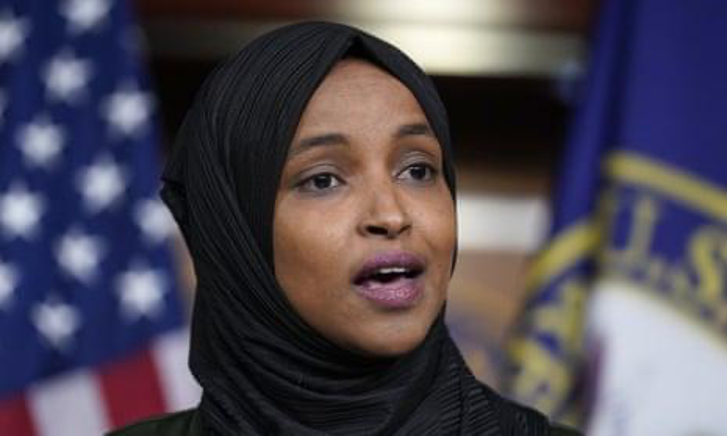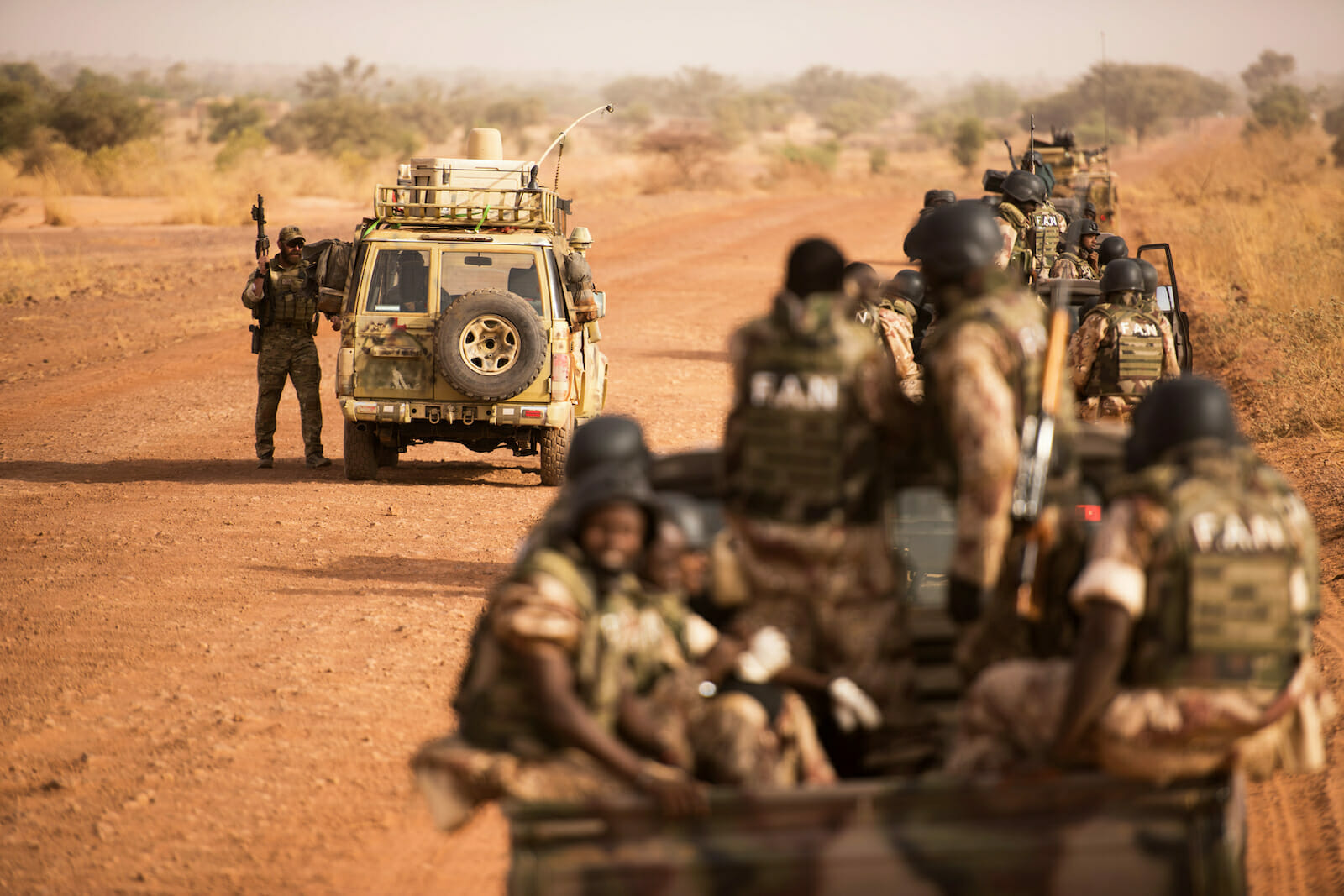 Photograph: J Scott Applewhite/AP
Photograph: J Scott Applewhite/AP ‘We have an opportunity to build a partnership that and undoes centuries of distrust and colonization, and helps create a truly resilient and self-reliant Africa.’
Editor’s Note: In this piece, Keshawn Young argues that America appears to be the “sore loser” in the “scramble for Africa,” a battle it is waging against Russia and China in Africa.
On October 21, United States Representative for Minnesota’s 5th Congressional District, Ilhan Omar, called out America for its continuing struggle to establish strong connections on the African continent.
In an opinion piece for the Guardian, Omar framed her argument with this statement: “We in the U.S. have too often treated African countries not as political and economic partners, but as a security problem that needs to be addressed with military and policing solutions.”
Too often in the news, we see and hear the same story: a geopolitical fight between Russia and China, and the United States, over Africa’s abundance of resources.
US-China Scramble for Africa
Earlier this month, US Ambassador to the United Nations, Linda Thomas-Greenfield accused Russia of using the Wagner mercenary group to exploit natural resources in Africa. And it wasn’t long before Russia denied the allegations. “Russian support to African partners,” is how Russian U.N. Ambassador Vassily Nebenzia referred to his country’s relationship with Africa.
The US continues to be confrontational in its effort to form ties with the continent, with laser attention focused on the problems that underlie Chinese and Russian investments in Africa.
But Omar believes that the tunnel to Africa could be much less harrowing. We simply need to treat the continent as legitimate. And she offered a concrete way to do so — a Marshall Plan for Africa.
Omar argued that the US had a Marshall Plan for Western Europe in 1948, just after World War II. In an effort to help Europe become more “self-reliant” and prevent the spread of “Soviet totalitarianism,” $13 billion was allocated, which in today’s dollars amounts to $115 billion.
“We need a similar plan for Africa,” Omar added.
Big Question
Should the US be convinced by Omar’s proposal, it would not be hard to pursue it. Her conversations with African officials have revealed that they would prefer to partner with the US.
The problem is that the US does not show up at the negotiating table.

